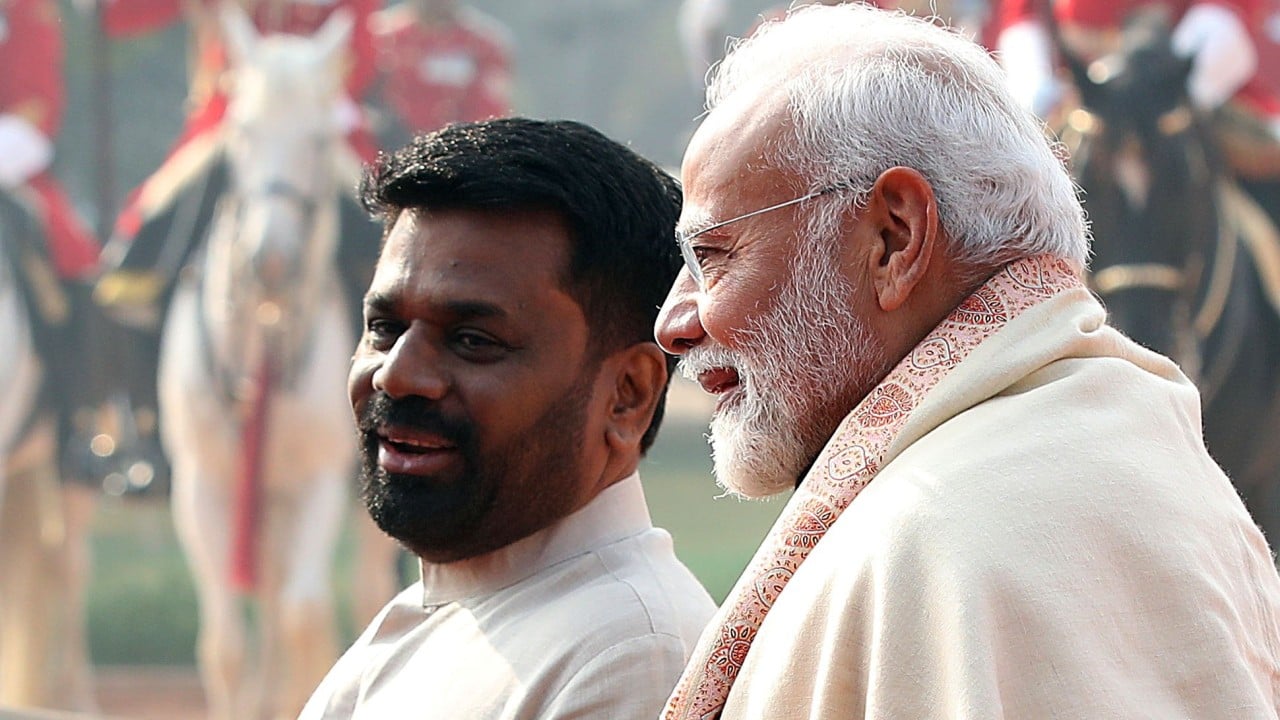Sri Lanka’s long-standing policy of non-alignment is facing renewed scrutiny, as deepening ties with India strain its neutrality amid rising tensions between New Delhi and Islamabad.
Advertisement
Analysts say Colombo’s recent tilt towards India in the security realm – most notably through a formal defence pact – risks unsettling its delicate balancing act, particularly as it continues to rely heavily on Chinese investment.
India and Sri Lanka signed a landmark defence cooperation agreement on April 5 during Prime Minister Narendra Modi’s state visit to Colombo – the first formal pact of its kind since the 1980s. The full details of the agreement, which includes provisions for joint military exercises and capacity-building, have not been disclosed publicly.
Just over a month later, on May 7, India launched Operation Sindoor in retaliation for a deadly terrorist attack in Pahalgam, Indian-administered Kashmir.
Delhi attributed the April 22 attack to Pakistan-based militants and targeted what it described as terrorist infrastructure across the Line of Control. Although a ceasefire was announced shortly afterward, Indian officials have stated that the operation remains ongoing.
Advertisement
This confrontation has placed smaller South Asian states – particularly Sri Lanka – in a precarious position, forcing them to weigh how the fallout could reverberate across the region. The island nation just off India’s southern coast is treading carefully to avoid being drawn into the crossfire between its nuclear-armed neighbours.

